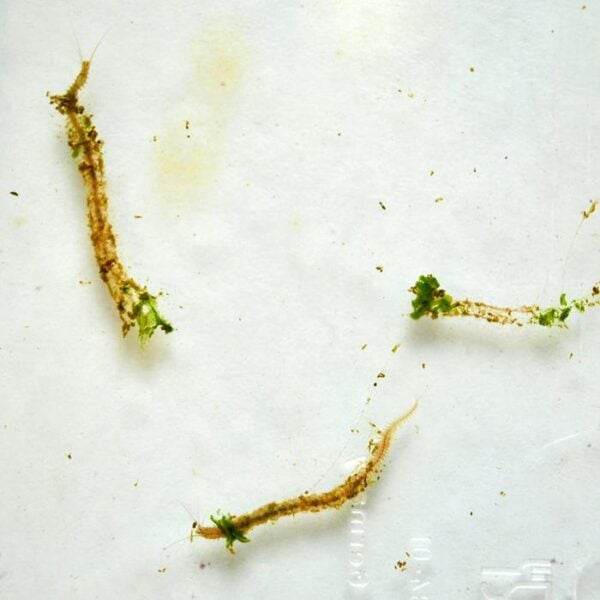Researchers from the Alfred Wegener Institute, Helmholtz Centre for Polar and Marine Research (AWI) and the University of Vienna have made a surprising discovery about a simple marine worm called Platynereis dumerilii. The study, published in the journal PLOS Biology, reveals that these worms have their own unique personalities and lifestyles, just like animals in the animal kingdom.
The study’s main author, Sören Häfker, explains, “When it comes to marine organisms, we still know very little.” The researchers wanted to understand how the internal clocks of these worms react to changes in the environment, such as warming temperatures and artificial light.
The Importance of Biological Timing
Kristin Tessmar-Raible, a biologist at the AWI, emphasizes the importance of biological timing. “Biological timing is important at a number of levels,” she explains. “The ecological ties between species depend just as much on it as they do on biochemical processes at the cellular level.”
The researchers observed the daily behavior of the worms during a new moon and found that some individuals were active at the same time every night, while others were only occasionally active. These behavioral differences remained largely unchanged when the worms were observed again several weeks later.
The Implications for the Future
The researchers believe that the wide range of strategies employed by the worms could offer them an evolutionary edge. Tessmar-Raible says, “This form of individuality could make them more resilient to major anthropogenic changes – in a transforming world, this diversity increases the chances of at least some worms being able to cope with their new circumstances.”
The study also has implications for human medicine. In recent years, there have been efforts to consider patients’ individual daily rhythms when treating them. However, just like the worms, human beings have various components that can react differently to medications and the timing of when they are administered.
In conclusion, the study highlights the importance of understanding the unique personalities and lifestyles of even the simplest creatures. As Tessmar-Raible notes, “If even worms can be so individualistic, our species is likely no exception.”


